Application and Assistance in Creating QR Codes for Efficient Goat Marketing at Kelubir Integrated Farming, Tanjung Palas Utara District

December 16, 2023 — Politeknik Piksi Ganesha
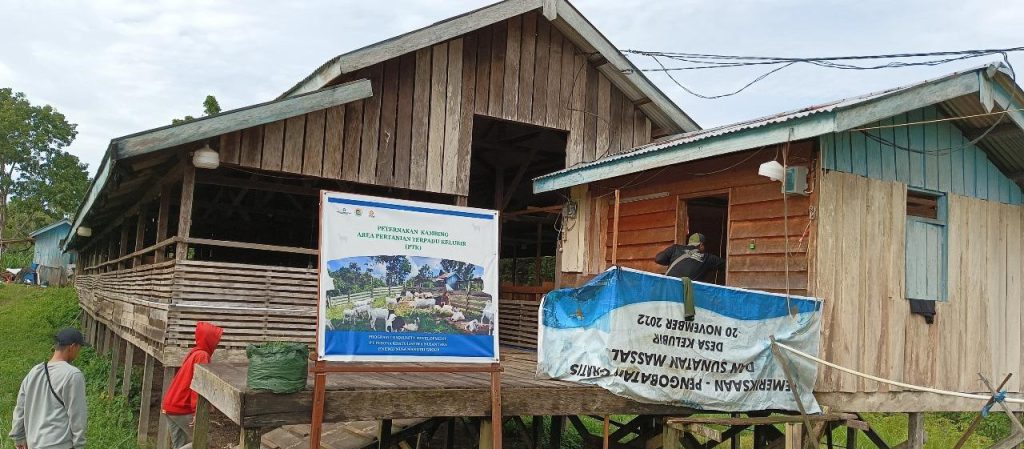
December 2023 – Agriculture is a vital sector in the global economy, providing food and other biological resources. To meet the demands of sustainable production, integrated farming has become a solution with a holistic approach that supports diverse production and community welfare. One village that has implemented this system is Kelubir Village in Tanjung Palas Utara District, North Kalimantan. The village has a hilly and flat topography, with much of the land used for agriculture and coal mining.
The local mining company, PT Pesona Khatulistiwa Nusantara (PKN), is committed to environmental preservation by empowering the community in Kelubir Village. PKN collaborates with higher education institutions, such as Politeknik Piksi Ganesha Bandung, to improve the quality of human resources in the village. Additionally, the company supports food security programs through Kelubir Integrated Farming (PTK), which involves corn plantations and goat farming.
According to Law No. 18 of 2009, livestock farming encompasses physical aspects such as breeding, feed, and cultivation. Goat farming at Kelubir Integrated Farming has great potential in providing animal protein but still faces challenges in marketing. Farmers in this village often struggle to promote their products due to the lack of an accurate information system to inform consumers about the quality of the livestock.
Politeknik Piksi Ganesha, in collaboration with PT Pesona Khatulistiwa Nusantara (PKN) and the local government, launched a Community Service and Internship Program (KKM) involving students to assist goat farmers at Kelubir Integrated Farming (PTK). This activity is part of the university’s Tri Dharma (Three Pillars of Higher Education) and aims to support goat marketing through the use of QR codes. Students, under the guidance of supervising lecturers, provide training and assistance to farmers in creating and using QR codes.
QR code technology allows product information to be easily stored and accessed. However, challenges in its application include limited access to technology and a lack of understanding among the community about QR codes. Technical assistance is required to ensure the effective implementation of this technology.
This community service activity begins with planning, execution, and evaluation stages. The team compiles data on the goats, including age, weight, health, and origin information, and then generates QR codes. Farmers are involved to ensure the technology is adopted effectively. Evaluation is also conducted to measure the impact of QR codes on goat marketing at PTK.
This service activity demonstrates that QR codes enhance transparency and efficiency in goat marketing, making it easier for consumers to make purchasing decisions. Challenges include incomplete livestock data, highlighting the need for better data management. Overall, QR code technology can be an effective tool in supporting the development of livestock farming in Kelubir Village.
Author: Falaah Abdussalaam
Editor: Ai Susi Susanti
#SDG1
#NoPoverty
#QRCodeForEfficientGoatMarketing
#piksi
#piksiganesha
#piksijuara
#kampusungu
#kampusterbaik
#worldclasspolytechnic




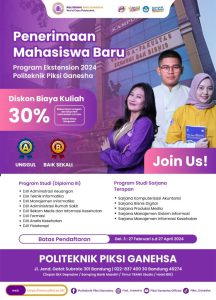
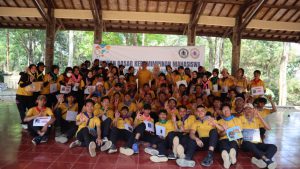
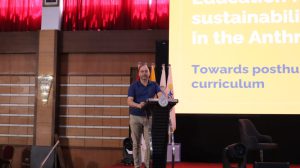
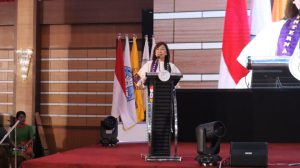
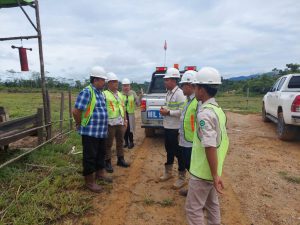
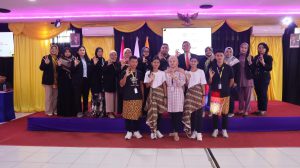


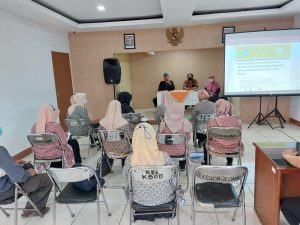

101 comments